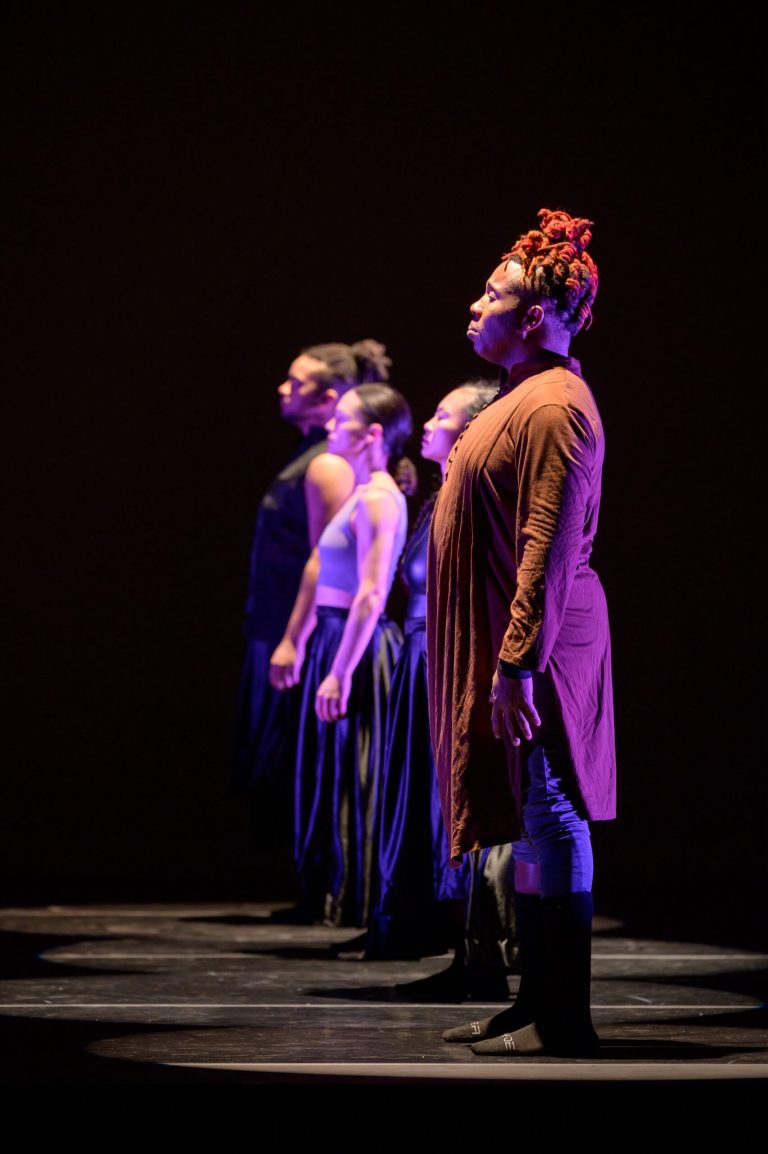Jack P. Carroll ’24
News Editor
In a recent letter to Trinity faculty members, the Climate Emergency Committee outlined plans to introduce climate change studies as a part of new and existing curricula. The committee, which is chaired by Professor of Religion in Public Life Mark Silk, was created after the faculty unanimously voted to “develop curricular recommendations consistent with the climate emergency declaration” in December 2019. The Climate Emergency Committee will present a list of climate studies proposals to members of the faculty during the next faculty meeting on Tuesday, Apr. 20. The committee’s proposals include new general education distribution requirements, an interdisciplinary minor, a Gateway program, and experiential certificates.
Regarding the general education distribution requirements, the letter indicated that students could receive a certification of “General Education in Climate Studies” on their transcripts after taking designated climate studies courses in at least three of five distributional areas (arts, humanities, natural sciences, numerical and symbolic reasoning, and social sciences). Also, the letter outlined plans to create an “ad hoc faculty climate emergency committee” to determine which courses would qualify for inclusion in a Climate Studies distributional program. All decisions would be based on agreement of the instructors and approval of department chairs and program directors. Furthermore, all final determinations on courses would be made by the Curriculum Committee.
In an interview with the Tripod, Dr. Silk clarified that the general education distribution requirements (as well as the other proposals) would be optional. Silk also emphasized that the courses would be available for students who are interested in learning about climate change while pursuing their general education studies. In addition, Silk noted that the committee plans on seeking student input prior to the April faculty meeting stating that “our job is not to force anybody to do something they don’t want.” With respect to the timeline of the committe’s plans, Silk hopes for the faculty to make a motion to keep the committee in operation for an additional year. During this extended period, Silk indicated that the committee would encourage departments to develop certificate programs and search for money to fund course development.
Furthermore, Silk noted that Trinity’s efforts to promote climate change studies are a part of a widespread movement throughout colleges and universities nationwide. Silk highlighted the growth in environmental studies among liberal arts colleges. Also, Silk indicated that various Trinity professors have been in contact with people from Georgetown University to discuss its general education requirements in climate change.
The committee is currently scheduled to host an open forum for faculty members to receive input and discuss the committees’ proposals on Tuesday, Mar. 9.
Chair of the Curriculum Committee David Branning and Dean of the Faculty Sonia Cardenas could not be reached for comment.








+ There are no comments
Add yours